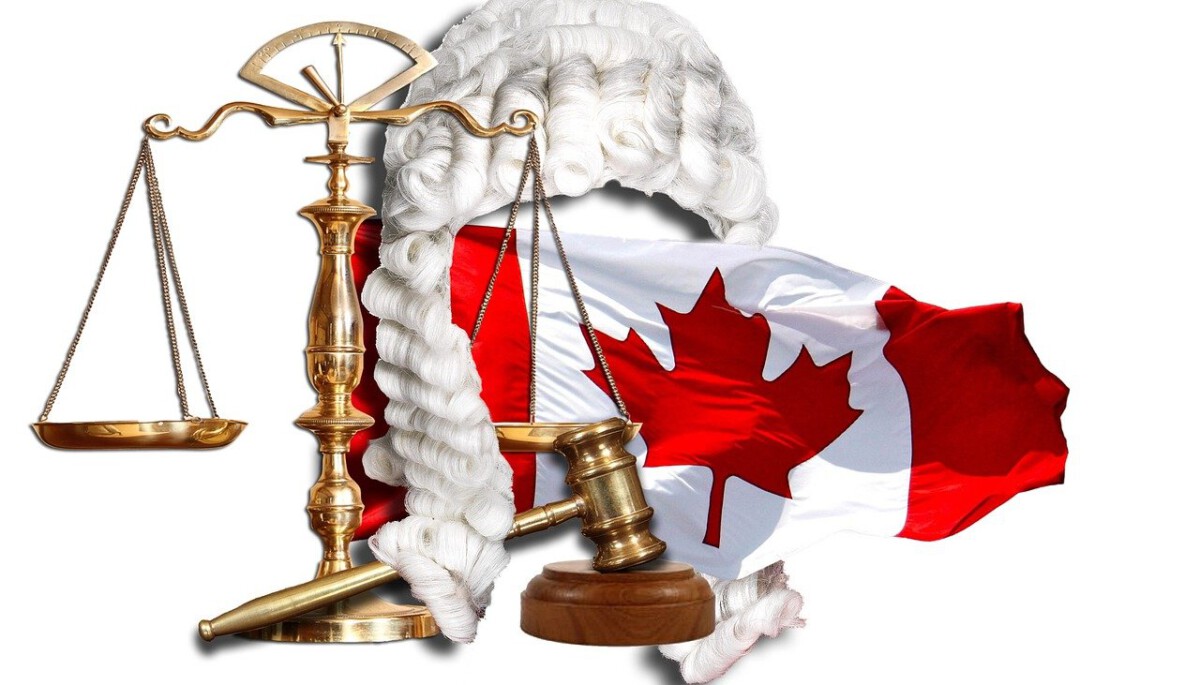Finland: The World’s Trust Champion

Finland has stunned the world once again by topping the 2025 global trust survey, with an impressive trust score of 87%. This Nordic nation’s reputation for honesty, openness, and effective governance has been credited as a major reason for its global admiration. Finnish leaders are known for their transparency, and the country’s educational system is often cited as one of the best in the world. According to the 2024 World Happiness Report, Finland’s citizens consistently rank among the happiest globally, which many believe is tied to the high levels of trust and social cohesion found here. Finland’s fight against misinformation has also set a global standard, with digital literacy programs introduced in schools and among the elderly. The nation’s clean environment and low corruption levels, as highlighted by Transparency International in 2024, reinforce the country’s trustworthy image. Finnish people tend to have a strong sense of social responsibility, making trust not just a policy but a way of life. International surveys have repeatedly shown that Finland is seen as a beacon of stability and reliability in an unpredictable world.
Denmark: Trust Rooted in Equality

Denmark closely follows Finland, securing a trust score of 85% in the latest global rankings. This Scandinavian country is celebrated for its high level of civic engagement and robust social welfare system. Danish society is deeply rooted in the principles of equality, and the government has a longstanding reputation for being open and responsive to its people. The 2024 Corruption Perceptions Index lists Denmark among the least corrupt countries worldwide, a fact that inspires confidence both at home and abroad. Danish environmental policies have also earned praise, with ambitious goals for carbon reduction and renewable energy already making significant progress. The sense of trust extends beyond government institutions—Danes report high levels of trust in one another, which helps create a safe and supportive society. Social mobility is another factor: everyone in Denmark has a fair shot, which strengthens the sense of fairness and reliability. Denmark’s commitment to human rights and global development also elevates its status as a trusted nation.
New Zealand: Steadfast and Compassionate

New Zealand claims third place in the trust rankings, boasting a trust score of 84% in the 2025 survey. As a small island nation, New Zealand has captured the world’s attention with its pragmatic and compassionate approach to governance. The government’s handling of natural disasters and public health challenges has been consistently praised, with leaders showing a rare combination of competence and empathy. The 2023 Global Peace Index ranks New Zealand among the safest countries, a reflection of its strong rule of law and peaceful society. New Zealand’s indigenous Māori culture is embraced and respected, adding to the nation’s inclusive reputation. The country’s environmental initiatives, particularly in conservation and biodiversity, have drawn admiration globally. New Zealand’s approach to crisis management—marked by transparency and community involvement—has set a benchmark for other countries. People around the world trust New Zealand to do the right thing, especially in moments of international uncertainty.
Canada: Multicultural Trust and Openness

Canada is celebrated as one of the world’s most welcoming and trusted countries, with a trust score of 82%. The nation prides itself on its diversity and multiculturalism, which are considered core pillars of Canadian identity. According to a 2024 Pew Research Center survey, 78% of Canadians believe their government acts in the people’s best interests, reflecting high levels of national trust. Canada’s justice system is widely respected, and the country’s commitment to human rights has been internationally recognized. Social programs, such as universal health care, reinforce a sense of fairness and equality. Canada’s environmental policies have also garnered respect, especially efforts to protect natural resources and address climate change. Internationally, Canada is often viewed as a peacemaker, with a history of supporting humanitarian missions. Canadians’ trust in their government and institutions has helped the country maintain a strong, positive global reputation.
Switzerland: Neutrality and Direct Democracy

Switzerland ranks fifth on the global trust index, with an enviable trust score of 81%. Its historical policy of neutrality and a strong commitment to diplomacy have made Switzerland synonymous with stability. The Swiss system of direct democracy allows citizens to vote directly on many policy issues, fostering a high degree of public involvement and confidence in government decisions. According to the 2023 Global Competitiveness Report, Switzerland’s robust economy and efficient public services are key contributors to its trusted status. The banking sector, often associated with discretion and security, has also played a role, although recent reforms have increased transparency. Switzerland’s healthcare and education systems are among the best in the world. The country’s commitment to environmental protection, including strict regulations on emissions and sustainable development, has further bolstered trust. The Swiss have cultivated an image of reliability and discretion, making their nation a go-to for mediation and international negotiations.
Norway: Wealth Managed for All

Norway stands proudly among the most trusted nations, with a trust score of 80% in the 2025 survey. The country is famed for its prudent management of wealth, particularly through its sovereign wealth fund, which benefits all Norwegians. The 2024 Corruption Perceptions Index highlights Norway as one of the world’s least corrupt countries, cementing trust in both government and business. Transparency is a hallmark of Norwegian society, from open government data to strong protections for freedom of the press. Norway’s commitment to social equality includes generous parental leave, universal health care, and robust public pensions. Norwegians generally trust one another, contributing to a cohesive and supportive community. The country’s foreign policy is guided by a sense of responsibility, with substantial contributions to global humanitarian efforts and environmental causes. Norway’s focus on sustainable management of natural resources has set international standards, particularly in the energy sector.
Sweden: Social Justice and Sustainable Progress

Sweden is renowned for its progressive policies and scores 79% on the trust index, placing seventh globally. The Swedish government invests heavily in social welfare, ensuring that health care, education, and other essential services are accessible to all. The 2023 Sustainable Development Goals Report highlighted Sweden’s impressive progress in areas such as clean energy, gender equality, and poverty reduction. Openness is a defining characteristic; government proceedings are transparent, and public access to information is enshrined in law. Sweden’s approach to climate change is particularly ambitious, with targets for carbon neutrality by 2045 already shaping policy and industry. The justice system is fair and accessible, which builds confidence among citizens. Swedes are known for their trust in each other, which extends to high rates of volunteerism and civic engagement. Internationally, Sweden is respected for its peacekeeping efforts and humanitarian support in global crises.
Australia: Reliable on the World Stage

Australia has earned a trust score of 78% and ranks eighth among the world’s most trusted nations. Australians take pride in their country’s strong democratic traditions and international cooperation. According to the 2024 Lowy Institute Poll, 70% of Australians feel their nation plays a positive role in global affairs. The government’s response to climate issues, including investments in renewable energy and biodiversity conservation, has attracted international attention. Australia’s commitment to humanitarian aid and disaster relief is also widely recognized. The nation’s multicultural makeup fosters openness and tolerance, with most Australians expressing trust in their neighbors regardless of background. Education and health services are of high quality, accessible to all, and seen as a foundation of national trust. Australia’s robust legal system ensures fairness, helping to maintain a stable and trustworthy society.
Germany: Economic Strength and Reliable Leadership

Germany holds the ninth spot in the trust rankings, with a trust score of 77%. As Europe’s economic powerhouse, Germany’s steady leadership and commitment to innovation are widely respected. The 2023 European Social Survey found that 75% of Germans trust their government, which is reflected in the country’s stable political environment. Germany’s environmental initiatives, including a strong push for renewable energy and efficient public transportation, have set benchmarks across Europe. The country is also known for its social market economy, which combines free-market capitalism with social policies that benefit the wider population. German industries, particularly in engineering and manufacturing, are trusted for their quality and reliability. Educational and vocational training programs are among the best, contributing to a skilled workforce. Germany’s role in international diplomacy and crisis response has further strengthened its reputation as a reliable global partner.
Netherlands: Innovation and Social Responsibility

The Netherlands completes the list with a trust score of 76%, recognized for its innovative governance and strong social values. Dutch society places a high premium on human rights, social justice, and environmental sustainability. According to the 2024 World Happiness Report, the Netherlands consistently places among the world’s happiest and most content countries. The government is known for its inclusive policies, including progressive approaches to healthcare, education, and housing. Dutch cities are at the forefront of sustainable urban planning, with bike-friendly infrastructure and green spaces becoming models for other nations. The justice system is transparent and efficient, further boosting public trust. The Dutch also play an active role in international development and disaster relief, regularly contributing expertise and resources around the globe. People in the Netherlands tend to trust one another and their government, creating a culture of openness and cooperation.






